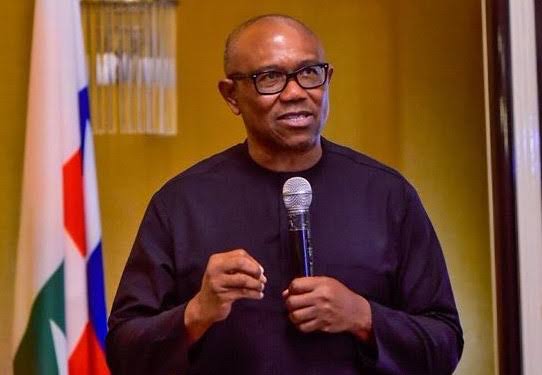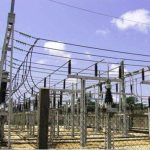
Cybersecurity Levy: Government more intrested in milking a dying economy – Peter Obi

In a scathing critique of the government’s recent decision to introduce a Cybersecurity Levy, Labour Party presidential candidate Peter Obi has denounced the move as detrimental to the already beleaguered Nigerian economy.
Obi contends that the imposition of yet another tax burden on Nigerians, who are grappling with severe economic distress, underscores the government’s misplaced priorities and its failure to foster economic recovery and growth.
The introduction of yet another tax, in the form of Cybersecurity Levy, on Nigerians who are already suffering severe economic distress is further proof that the government is more interested in milking a dying economy instead of nurturing it to recovery and growth, he noted.
Speaking out against what he perceives as “multiple taxation on banking transactions,” Obi highlights the irony of imposing additional levies when the government has pledged to streamline the tax system and reduce the tax burden on citizens.
The Cybersecurity Levy, he argues, will further deplete the trading capital of businesses, exacerbating the challenges posed by currency devaluation and rampant inflation.
Obi expresses disbelief at the expectation for citizens to single-handedly fund government activities, cautioning that such policies deepen poverty and undermine Nigeria’s global competitiveness.
Obi raises concerns about the allocation of revenue from the Cybersecurity Levy, questioning why the office of the National Security Adviser (NSA) is designated as the recipient of returns from this tax.
He challenges the rationale behind transforming a national security institution into a revenue collection agency, questioning the legitimacy of such a move.
And when did the office of the NSA become a revenue collecting centre? And why should that purely national security office receive returns on a specific tax as stated in the new cybersecurity law, he questioned.
He argued that instead of alleviating economic pressures, the government’s decision to introduce new taxes contradicts efforts to combat inflation. Obi asserts that the timing of this levy is particularly ill-suited, as it comes at a time when the focus should be on reducing taxes to mitigate inflationary pressures.
About The Author
Related Articles
Mali’s Transition Leader Attends Swearing-In of Guinea’s President Mamadi Doumbouya
Mali’s President of the Transition, General Assimi Goïta, represented the country in...
ByWest Africa WeeklyJanuary 19, 2026Malian Army Conducts Successful Surveillance Operation in Mopti Region
The Malian Armed Forces have carried out a successful territorial surveillance operation...
ByWest Africa WeeklyJanuary 19, 2026Nigerian Security Forces Record Major Gains Against Armed Groups
Niger’s Defence and Security Forces have reported significant results following a week...
ByWest Africa WeeklyJanuary 19, 2026Fuel Supply Improves in Bamako as Hundreds of Tankers Arrive
Bamako has recorded a significant improvement in fuel supply following the arrival...
ByWest Africa WeeklyJanuary 19, 2026











